NLC Accuses Government of Abandoning Negotiations
The Nigeria Labour Congress (NLC) has accused the Federal Government of abandoning negotiations and failing to implement resolutions reached in previous meetings, leading to a nationwide protest.
Organized labor took to the streets on August 2, denouncing President Bola Tinubu’s policies, which they perceive as detrimental to the masses. Demonstrations swept through the Federal Capital Territory (FCT) and multiple states, including Lagos, Abia, Plateau, Kaduna, Kano, Rivers, Zamfara, Katsina, Cross River, Ebonyi, Enugu, Kwara, Ogun, Imo, Ondo, and Edo.
Lagos: A Torrent of Frustration Amid Partial Compliance
As the NLC strike unfolded, Lagosians voiced their grievances, attributing their hardships to President Bola Tinubu’s removal of fuel subsidies. Notably, workers of Ikeja Electric found themselves locked out of their workplaces, as determined union members guarded the gates to enforce the strike.
In an unexpected turn, the Lagos State Secretariat remained an oasis of normalcy, with workers diligently carrying out their daily duties.
Banks, too, defied the strike, keeping their doors open for business as customers freely entered and exited their premises.
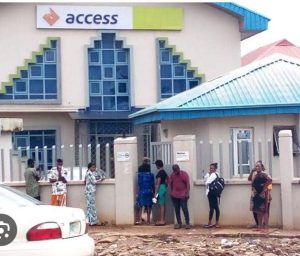
States Rally in Support: Oyo and Bauchi Stand Strong
Beyond the capital and Lagos, states across Nigeria witnessed a surge of support for the NLC strike. Workers in Bauchi state, spanning federal, state, and private sectors, united in this endeavor. Similarly, Oyo state workers showed their solidarity by actively participating in the strike.
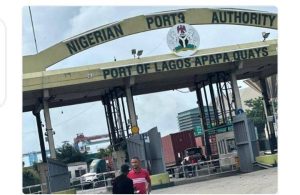
In Ibadan, major banks such as First Bank, Guaranty Trust Bank, Sterling Bank, and others closed their doors to customers.
Public hospitals were not spared, with patients turned away and fewer nurses available to attend to emergency cases. The Ibadan Electricity Distribution Company (IBEDC) experienced a complete shutdown, inconveniencing many customers seeking to purchase tokens. An unnamed IBEDC official confirmed their full compliance with the strike directives.
At the heart of the NLC strike lies a fervent demand for the reversal of President Bola Tinubu’s economic reforms, aimed at rejuvenating Africa’s largest economy.
Key reforms encompassed the termination of the fuel subsidy, which carried an annual price tag of $10 billion, and initiatives designed to narrow the gap in the official exchange rate, addressing a contentious arbitrage.
These reforms triggered a significant surge in pump prices and a sharp depreciation of the national currency, the naira.
The NLC’s warning strike, set to conclude soon, signifies the impending prospect of an indefinite strike scheduled for September 21.

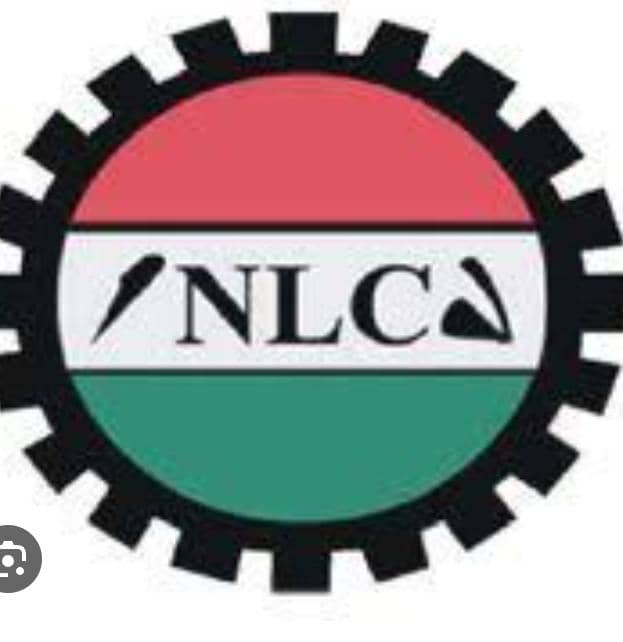
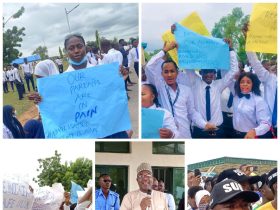

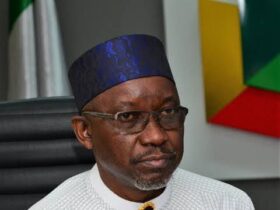

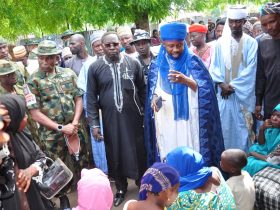
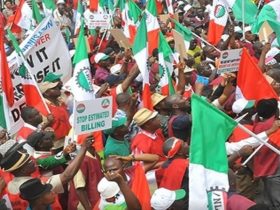

Leave a Reply